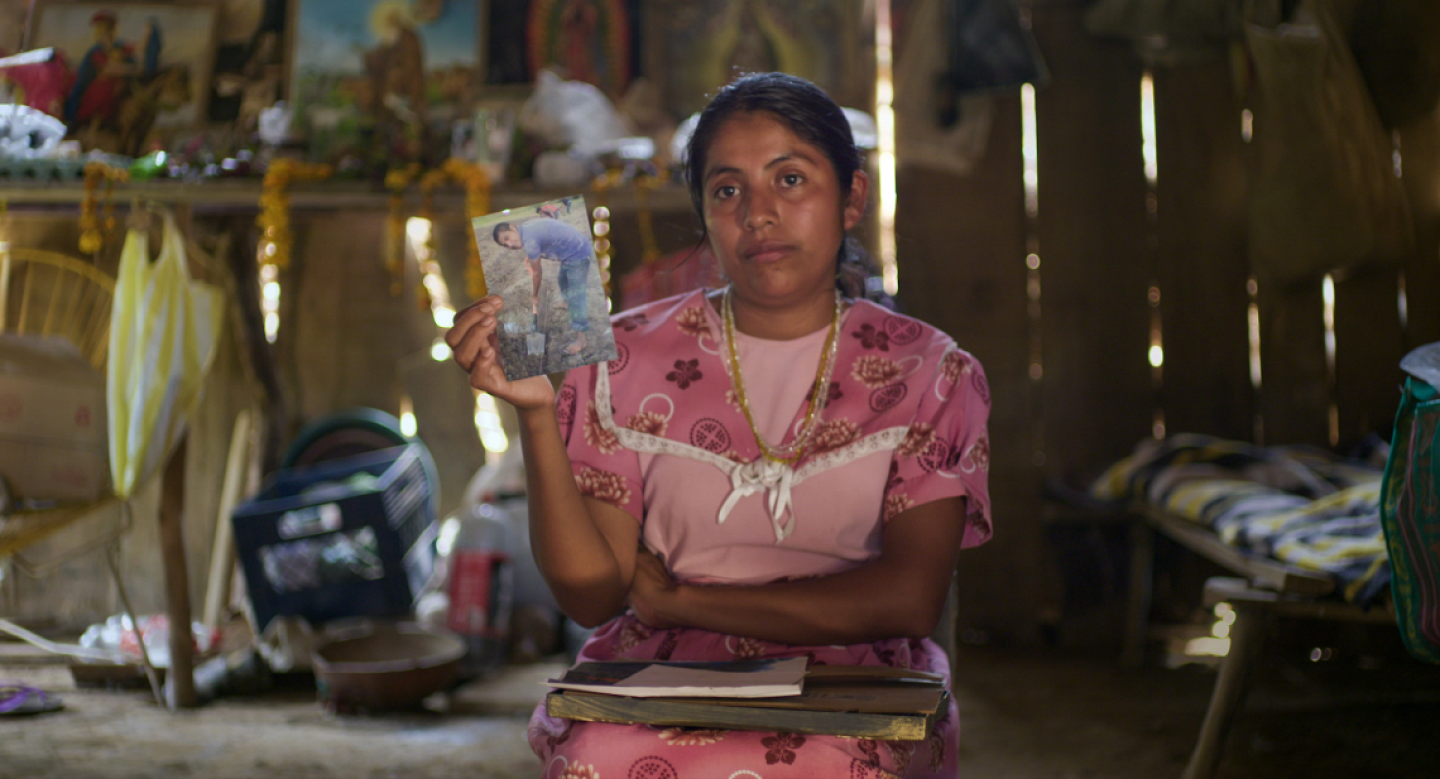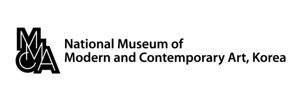Defend the Future
December 11, 2021–April 17, 2022
30 Samcheong-ro, Jongno-gu
03062 Seoul
South Korea
Hours: Monday–Sunday 10am–6pm,
Wednesday and Saturday 10am–9pm
T +82 2 3701 9500
The National Museum of Modern and Contemporary Art, Korea (MMCA, Director Youn Bummo) unveils Ai Weiwei: Defend the Future, a solo exhibition of works by Ai Weiwei, a globally-renowned artist, filmmaker, architect, and activist, from Saturday, December 11, through Sunday, April 17, 2022, at MMCA Seoul.
Ai Weiwei: Defend the Future is an exhibition of Ai Weiwei (born 1957) that is dedicated to the artist’s numerous artworks on the themes of freedom of expression and the lives of refugees. The artist has been highly active in a wide range of areas, from painting and photography to film, installation, architecture, public art, ceramics, and publication. Ai is also highly praised as a leading artist for his active communication via various social media channels—including his blog, Twitter, and Instagram, among others—representing today’s digital era.
The title of the exhibition, Defend the Future, (which is literally translated as “The Future of Humans” in Korean) is a combination of “humans,” a leading theme of Ai’s artistic agenda, and “future,” the artist’s main artistic pursuit. In Quotes (2019), a collection of major comments made throughout human history on the theme of human rights, Socrates stated, “I am not an Athenian or a Greek, but a citizen of the world,” Ai has deeply pondered his role as a global citizen and humanism (being human) in general. Ai’s life and art express that it is important for us, as dignified humans, to enjoy freedom, freedom of speech and freedom of expression, in our generation and also in future generations.
His series of works on freedom of expression and resistance to oppression have demanded dignity and basic human rights from his perspective as an artist as well as a human being. Freedom of expression is the most basic right required for individuals in a society to live as “decent human beings.” The Universal Declaration of Human Rights, announced in 1948, stated, “Everyone has the right to freedom of opinion and expression; this right includes freedom to hold opinions without interference and to seek, receive and impart information and ideas through any media and regardless of frontiers” (Article 19). However, the right to freedom of expression is a right that has never actually been completely guaranteed in the real world. In Ai’s art, “human” is simultaneously a value to pursue and an environment and condition in which art can be made sense of in that his art and life both pursue freedom of expression and challenge oppression and surveillance. Ai has been active in encouraging people to speak out about unfair situations, and his actions have made a difference in the real world. In other words, he thinks, dreams, and works to create a reality in which we can “live the best life possible.”
The exhibition will showcase Ai’s representative works that transcend the dualities of the East and West, including his photography series Study of Perspectives, 1995-2011 (2014); Study of Perspective in Glass (2018) and Black Chandelier (2017–21), both in Murano glass created in collaboration with the Berengo Studio on Murano Island, Venice; Porcelain Pillar with Refugee Motif (2017) and Ruyi (2012), made from ceramics from Jingdezhen, a place known for porcelain production in China. The exhibition is expected to take visitors on a journey into the artist’s time and space, allowing them to browse through some 126 pieces of Ai’s representative works that ranges from a 12-meter bamboo figure reminiscent of a jade burial suit from the Han Dynasty (ca. 2000 years ago), through a documentary about the Rohingyas (stateless Indo-Aryan ethnic group residing in Myanmar), to a Neolithic Vase with Coca-Cola Logo (2015).



